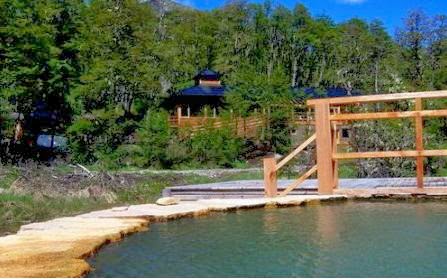After analyzing studies and multiplying interviews, we share the 4 trends that we believe will mark the ecotourism year of 2021.
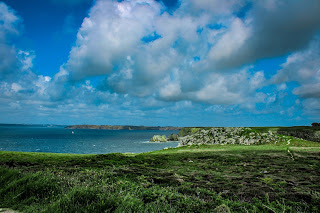
work elsewhere, if possible near nature
Between July and September 2020, Airbnb noted a 128% increase – compared to the same period in 2019 – in the number of comments referring to trips for “remote work”, “moving” or “discovering a new neighborhood” . Trips that correspond to destinations closer to nature. For them, this is a trend that is likely to develop this year as teleworking “becomes institutionalized” and the number of digital nomads continues to increase. According to the booking platform’s study, a third of those surveyed have considered living elsewhere during the lockdown period and nearly 40% plan to work remotely in the coming months. “Many travelers thus decide to test a destination, before taking the plunge: this is an opportunity to immerse yourself and to project yourself in a new environment before making a long-term commitment”, analyzes Airbnb. As for the French destinations which have the coast for stays that exceed two weeks, Airbnb points Cambo-les-Bains, in the middle of the green countryside of the Basque Country, Crozon, in the heart of the regional natural park of Armorique and Balaruc-les- Baths on the edge of the state of Thau. In 1947, George Orwell moved to this isolated house on the Isle of Jura in Scotland to complete the writing of 1984.
Like at home, with family or friends
The Airbnb survey also highlights the fact that respondents expect comfort “like at home”: good wifi, well-equipped accommodation, conducive to work and productivity. Johanna Jourdain, personal stylist, recounts her experience in Portugal: “Initially, my partner and I booked accommodation on Airbnb in Faro for a festival. The event has been canceled. As we both had the option to telecommute, we decided to make the most of our stay and worked from this beautiful, sunny apartment with a rooftop pool! This change of scenery made us both more efficient at work and happier. We will repeat the experience “! Another trend that naturally accompanies the idea of wanting to feel like at home is that of the development of long stays in entire homes that are shared with family or friends. “We saw three times the number of searches that included the term ‘family’ in the ad title compared to last summer. This trend continues to grow, ”notes the Airbnb study.
Local tourism reinvented
In a context that is not conducive to projection, local travel will undoubtedly remain a key trend in 2021. Airbnb, however, notes a growing interest in exciting stays and sources of discovery: “Travelers are broadening their horizons and looking for travel experiences unique, staying in unusual accommodations ”. Thus, a variety of accommodations, particularly appreciated for their authentic character and respectful of the environment, such as tree houses or Cycladic architecture, yurts, tiny houses and domed houses particularly have the coast. Finally, the study also shows a certain optimism of the French people questioned considering destinations outside France often linked to major events such as Portimao (Portugal), host city of the Rolling Loud hip-hop festival and the Afrobeat Afro Nation festival in 2021, which ranks as the top most searched destination for 2021. The coming months will quickly tell us if all of these trends materialize…
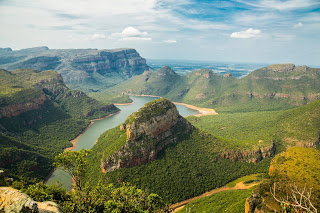
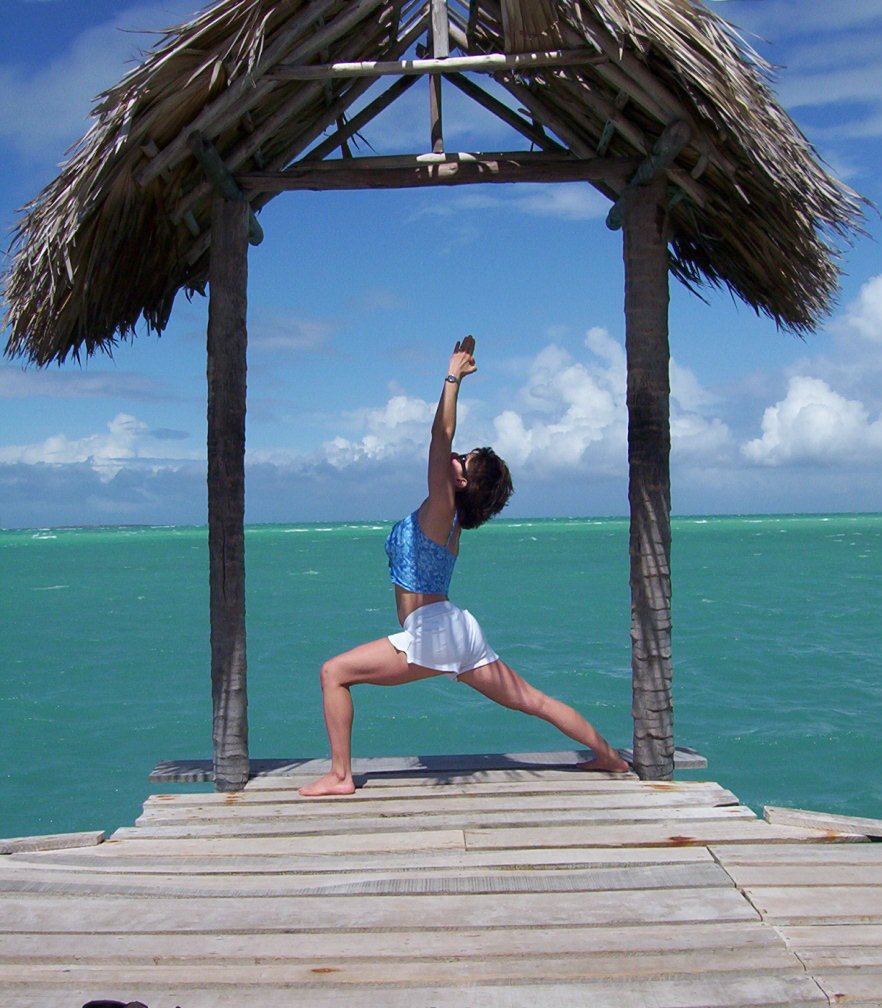
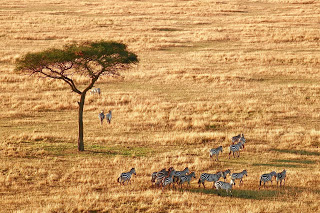
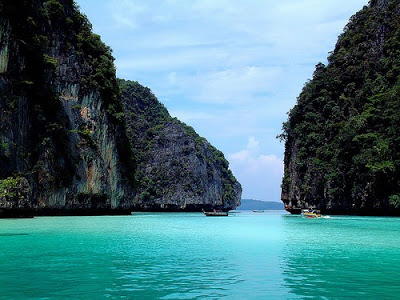


.jpg)








